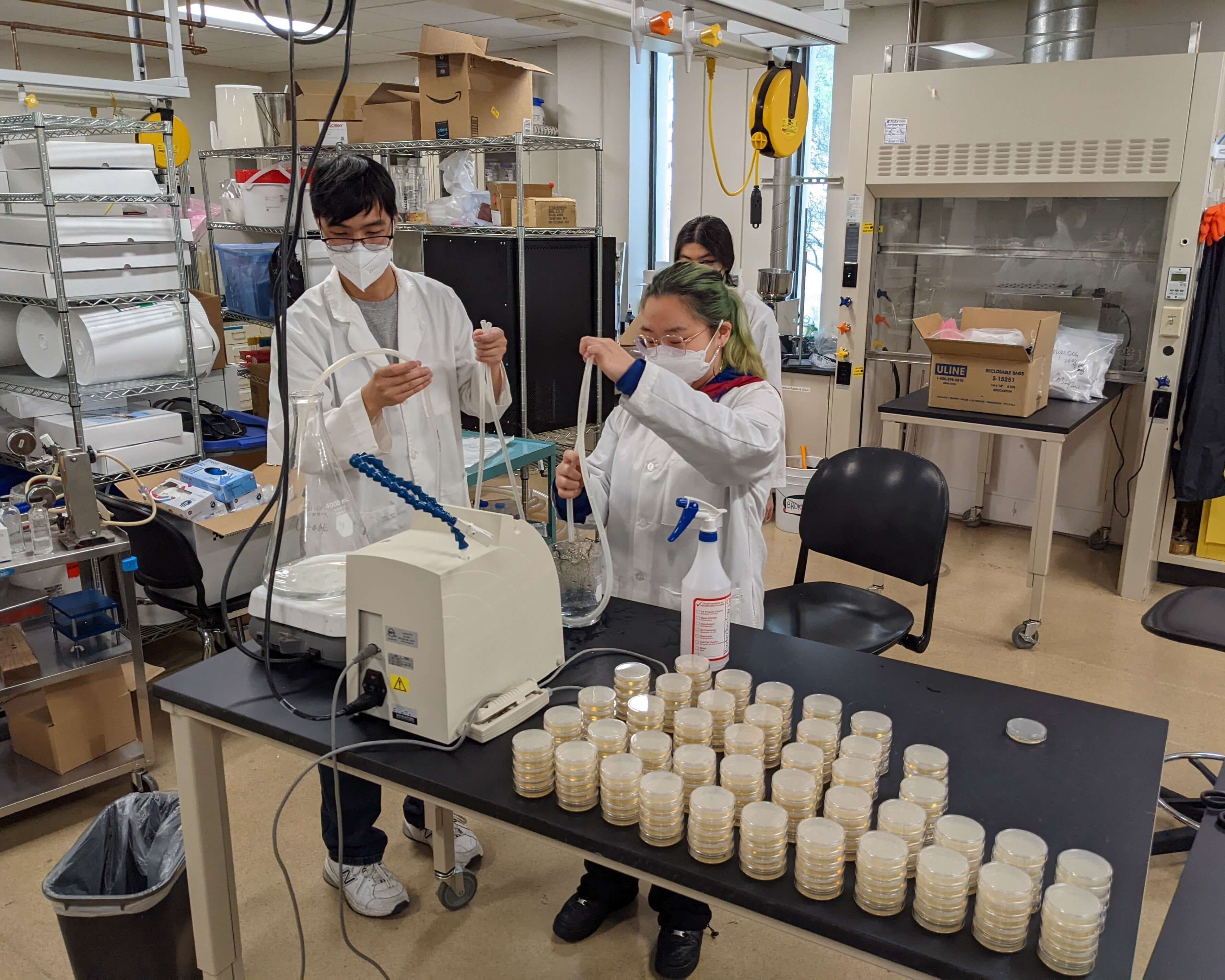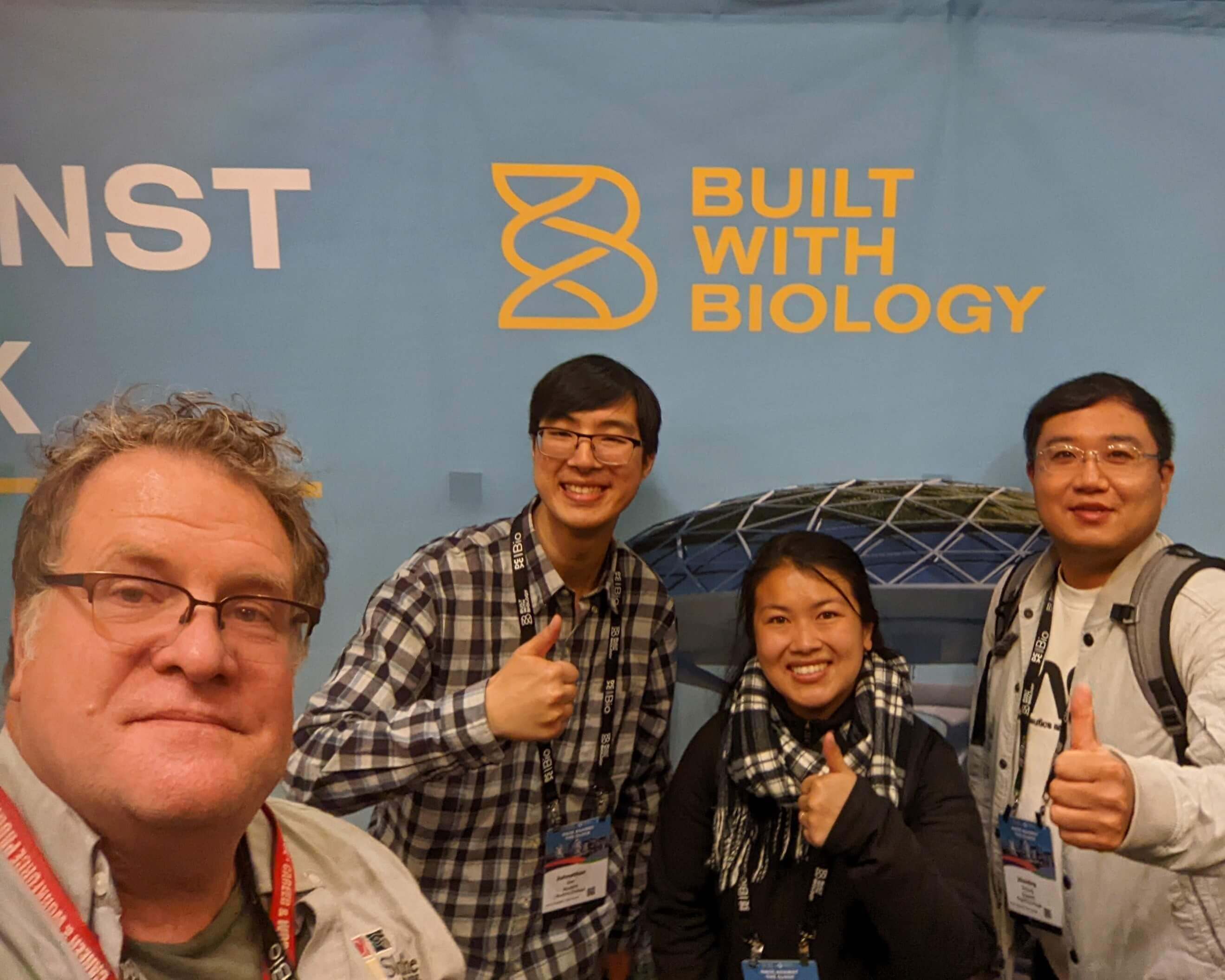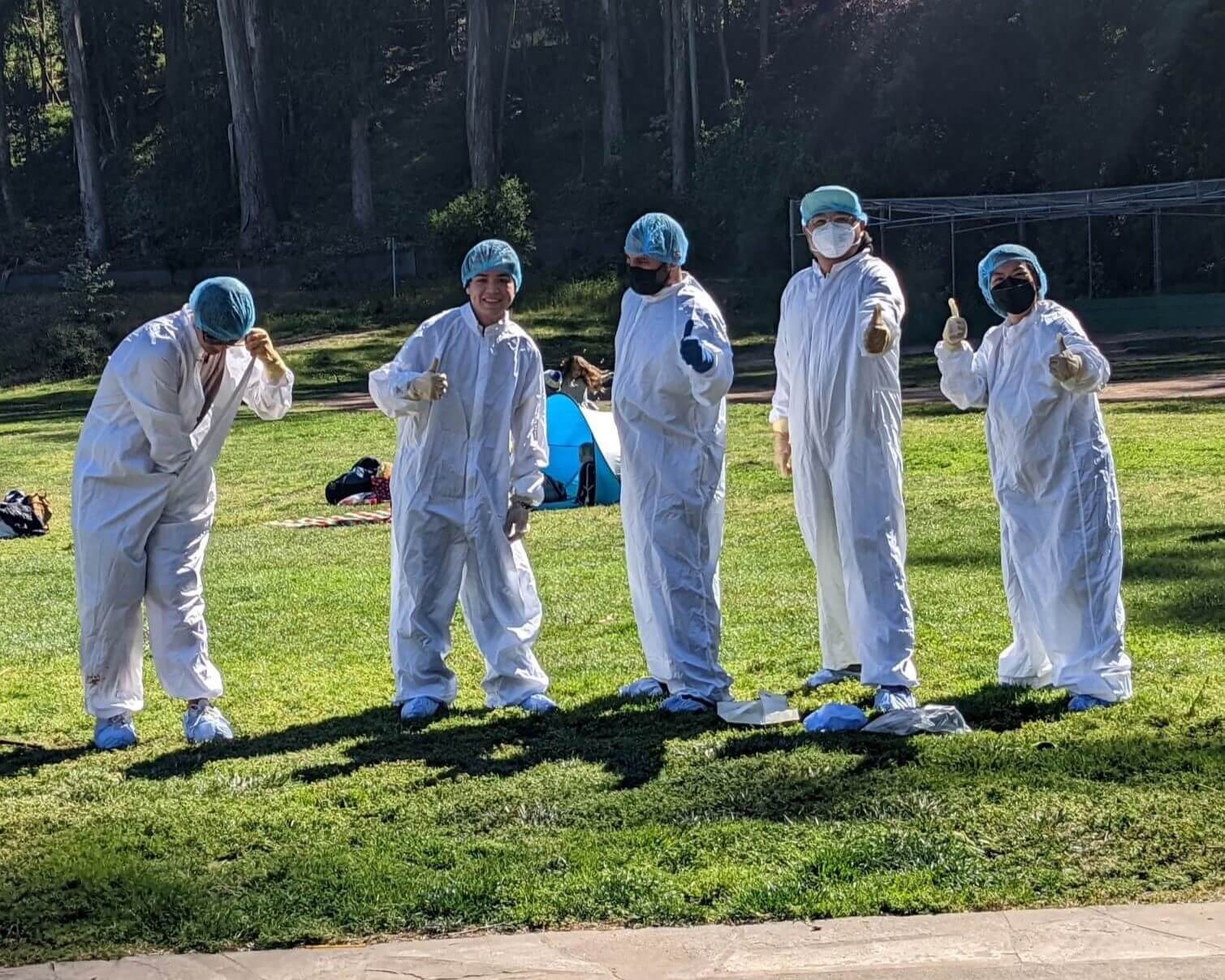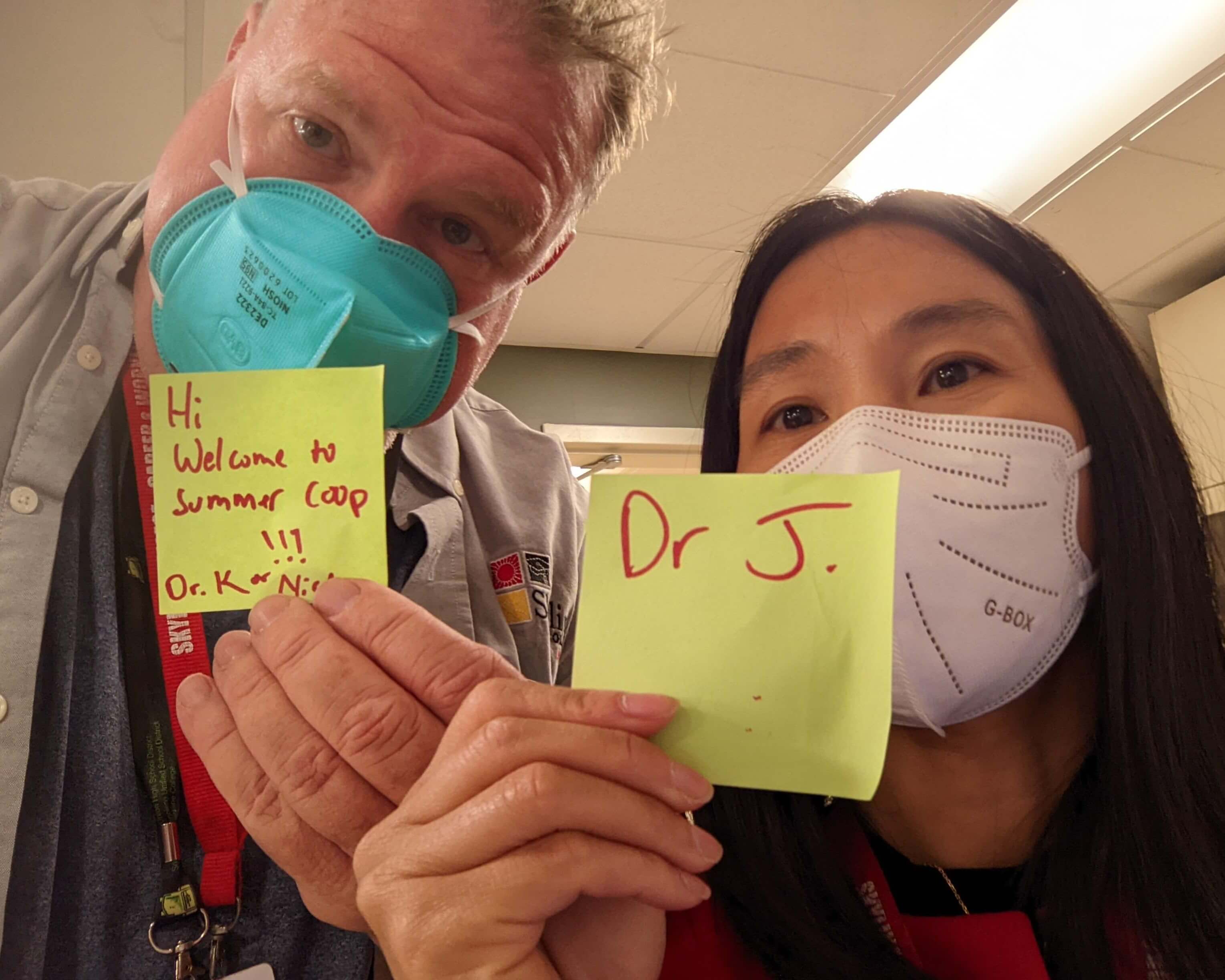Biotechnology
Apply NowWhat is biotechnology?
Biotechnology harnesses biology – cellular and biomolecular processes – to develop technologies for industrial, medical, and other purposes that aim to improve our lives and the health of our planet.
Biotechnology is a fast-growing and exciting field, where discoveries are made to cure diseases, battle climate change, develop new fuels, solve limited global food supplies, and more. Individuals in the field should be problem solvers who are curious, imaginative and persistent.
Skyline College’s Biotechnology Program aims to prepare students to enter the workforce in the biotechnology field. Students in the program have access to fully stocked and functional labs where they will take courses and gain hands-on experience working with the tools and materials they'll need when they enter the workforce.
Faculty guide students through the current trends and processes in the biotechnology field using contextualized science, math and even English skill-building. Students emerge from the program ready for an entry level position working in a lab or production facility.
Skyline College offers an Associate Degree in Biotechnology for students who are looking for a clear path for transfer to a four-year institution in addition to the BioBridge Program, which offers a two-semester program that develops students' workforce readiness and soft skills so they can obtain hands-on work experience. The Skyline College Biotechnology Manufacturing program is also an excellent resource to get you on the path to a four-year degree.
Looking for a list of classes offered in upcoming semesters?
Check out the current class schedule.| Program | Type | Total Units |
|---|---|---|
| Biotechnology Manufacturing Technician | AS | 60 Units |
| Biotechnology Manufacturing Assistant | CA | 17 - 19 Units |
| Biotechnology Manufacturing Technician | CA | 33 Units |
The Skyline College STEM Center brings together academic and student support services for students taking science, technology, engineering and math courses.
The center supports student success by ensuring students have access to resources such as academic tutoring, counseling services, a resource depository for STEM pathways and transfer, a hub for internships and work based learning opportunities, as well as a place where students and staff can collaborate and build a community and supportive connection.
Check out the STEM CenterThe Advisory Committee is made up of volunteers who agree to serve as advisors to one or more career and technical programs. Members include representatives from business, labor, community agencies, faculty, students and other members.
The committee provides valuable input in areas such as curriculum development, student recruitment and placement, staff development, equipment and software, making recommendations to strengthen, expand, and improve the quality of the program.
Advisory CommitteeUpon completion of the program students will be able to:
- Demonstrate the ability to use sound ethical reasoning when discussing biological science and the use of biotechnological techniques.
- Apply the knowledge of biological science to distinguish between observations, inferences, relationships, and testimonials under investigation.
- Employ the appropriate techniques effectively and safely, including the appropriate use of equipment and tools to produce an acceptable outcome when performing a technical laboratory task.
Location: Building 7, Room 7-130
Phone: (650) 738-4221
Video Resources
The following videos can help deepen your understanding of the Biotechnology field:
California Biotechnology Jobs
Bio-manufacturing Process Technician Jobs
Bioprocessing Instructional Videos:
Transfer Resources
The Biotechnology AS degree from Skyline prepares students for transfer to the following BS programs:
Solano College: BS in Biomanufacturing
MiraCosta College: BS in Biomanufacturing
Department Faculty







